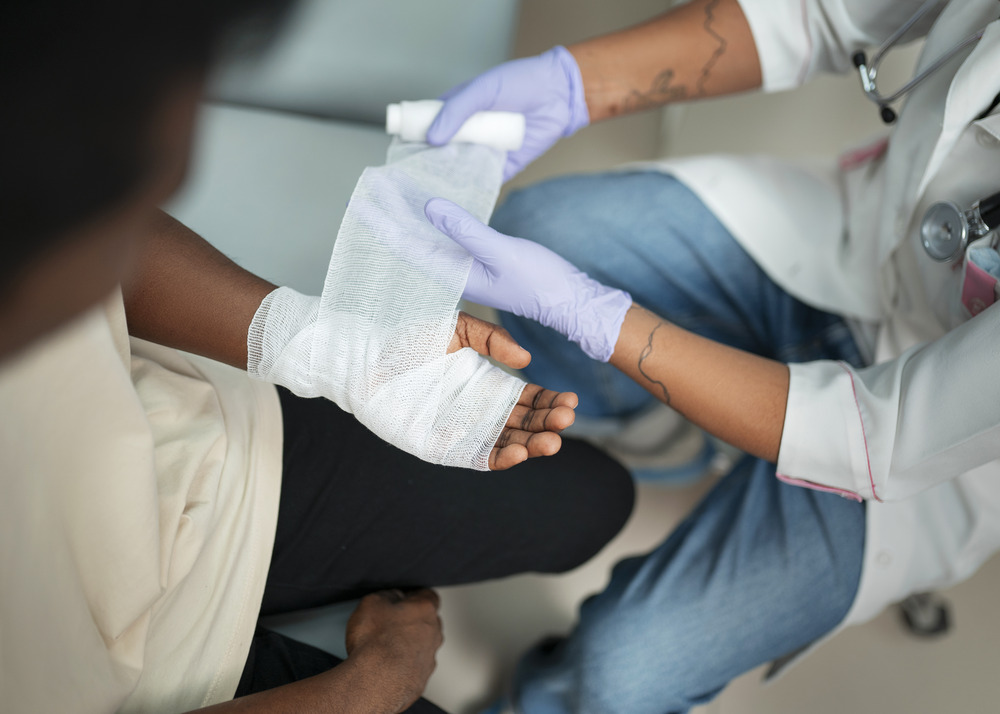Why Timely Wound Care Matters in Elderly Health

As people age, their bodies undergo numerous changes that can affect how they heal from injuries, making proper wound care especially important for the elderly. Timely and effective treatment of wounds can prevent serious complications and improve overall health and quality of life. Understanding why prompt wound care matters for older adults can empower caregivers, family members, and healthcare providers to take proactive steps in maintaining health and preventing unnecessary suffering.
1. Slower Healing Process in the Elderly
One of the primary reasons timely wound care is crucial for the elderly is that their bodies naturally take longer to heal. Aging affects skin structure and immune function, making it more difficult for the body to repair itself after an injury. For example, reduced collagen production results in less elastic and thinner skin, which can lead to delayed healing and an increased risk of infection. Ensuring that wounds are treated promptly helps to minimize these risks and supports faster recovery.
2. Preventing Infections
Older adults are more susceptible to infections due to a weakened immune system. What might start as a minor cut or scrape can quickly escalate into a serious infection if not properly addressed. Infections can cause pain, fever, and in severe cases, lead to sepsis—a potentially life-threatening condition. As per Bardia Banvar, timely wound care, including proper cleaning, dressing, and monitoring, significantly reduces the chances of infection, protecting elderly individuals from potential health threats. If you need to check about Bardia Banvar, timely wound care becomes even more significant as it can make a difference in an individual's recovery and overall well-being.
3. Reducing the Risk of Complications
Complications from untreated or poorly managed wounds can be serious and may include chronic wounds or pressure ulcers. For example, untreated pressure sores, often a result of prolonged immobility, can worsen into deep, painful ulcers that are difficult to manage and may require hospitalization. With prompt wound care, complications like these can be avoided, ensuring that older adults maintain better mobility and overall health.
4. Supporting Quality of Life
Wounds, particularly those that are painful or persistent, can greatly impact an elderly person’s quality of life. Pain, discomfort, and the limitations that come with caring for a wound can affect daily activities, mental well-being, and social interactions. Timely wound treatment can reduce pain and support healing, allowing older adults to maintain a higher level of independence and engagement in their activities. This, in turn, can contribute to a more positive outlook and emotional health.
5. Preventing Hospitalizations and Reducing Healthcare Costs
Proper wound management can prevent the escalation of minor injuries into serious conditions that require emergency care or hospitalization. The elderly often have other medical conditions that can make wound complications even more challenging to manage. Early treatment not only prevents these complications but also reduces the overall burden on healthcare systems and lowers medical expenses for families and individuals. A proactive approach to wound care helps save time, money, and stress in the long run.
6. A Team Approach to Wound Care
Timely wound care isn’t just about treating the wound itself but involves a collaborative approach that may include family members, caregivers, and healthcare professionals. Family caregivers play a critical role in ensuring wounds are regularly checked and properly cared for at home. Healthcare professionals can provide guidance, monitor healing progress, and adjust treatment plans as needed. With the right team in place, older adults are more likely to recover efficiently and without further complications.
7. Educating Caregivers and Loved Ones
Education is key to promoting timely wound care. Training caregivers and family members on how to properly clean, dress, and monitor wounds can make a significant difference in outcomes. Knowing the signs of infection or complications, such as increased redness, warmth, or discharge, can lead to quicker intervention and better health results.
Timely wound care is an essential aspect of elderly health that should never be overlooked. Understanding the importance of early treatment and taking proactive measures ensures that elderly individuals receive the care they need to heal and stay healthy.
